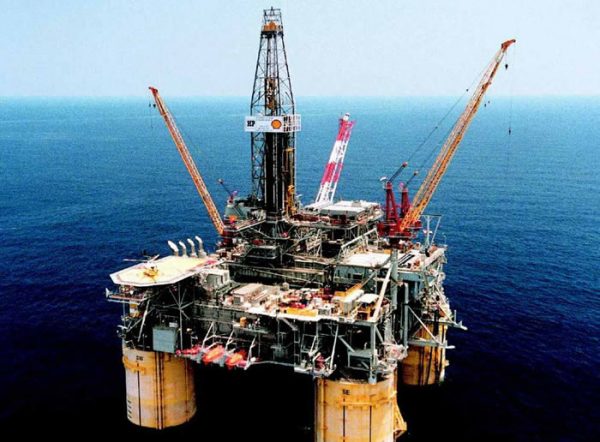Nigeria’s petrol importation faces disruption due to Russia’s new ban on petrol exports starting March 1.
French international news agency, Agence France-Presse reports that the Russian government confirmed the six-month ban on petrol exports to ensure it has enough fuel to meet domestic demand.
AFP reports that Russia, the world’s third-largest oil producer, has been facing intermittent fuel shortages since last summer due to high demand and maintenance on refineries.
“Restrictions on petrol exports are introduced for six months, from 1 March to 31 August,” the government said in a statement on Thursday.
In 2023, Russia produced 43.9 million tonnes of petrol and shipped approximately 5.76 million tonnes overseas, which accounts for roughly 13% of its total production.
Reuters reports that the primary purchasers of Russian petrol are predominantly African nations such as Nigeria, Libya, Tunisia, and the United Arab Emirates.
In 2023, a report from PUNCH Online revealed that Nigeria’s petrol imports from Russia surged by 84% within a year, reaching 3.8 million litres (24,000 barrels) in 2023 compared to 558,300 litres (3,700 barrels) in 2022.
This data was sourced from Argus West Africa Oil on Nigeria’s petrol, the European trade overview.
After facing embargoes from the European Union, the UK, and the United States due to the invasion of Ukraine, Russia has been seeking out alternative markets.
The government said the ban was aimed at “maintaining a stable situation on the fuel market during a period of high demand associated with spring agricultural works, the holiday season and scheduled repairs of oil refineries.”
The Russian government is determined to prevent fuel shortages in the local market before the upcoming elections next month, where President Vladimir Putin aims to maintain his control.
Last year, Russia imposed a ban on exporting diesel and petrol, which led to farmers in certain areas facing difficulties in harvesting grain due to fuel shortages.
